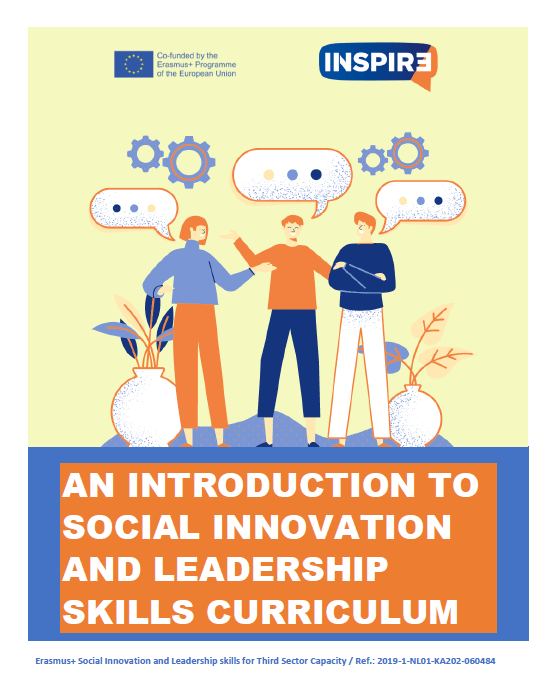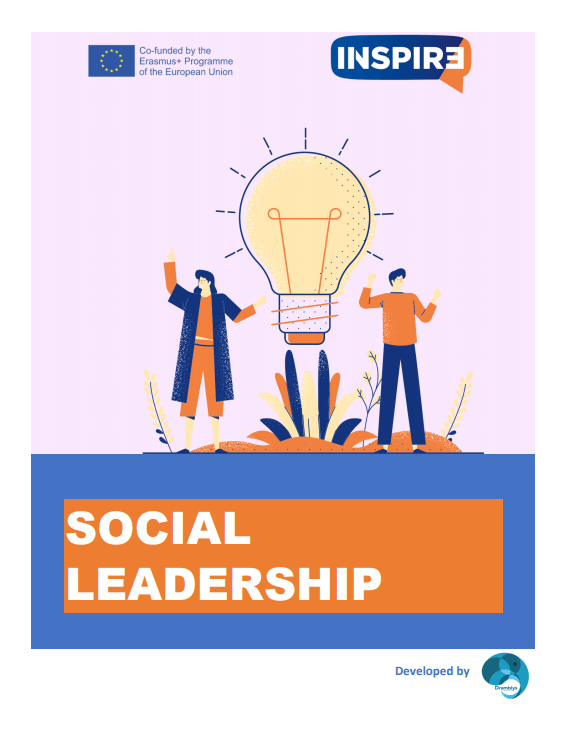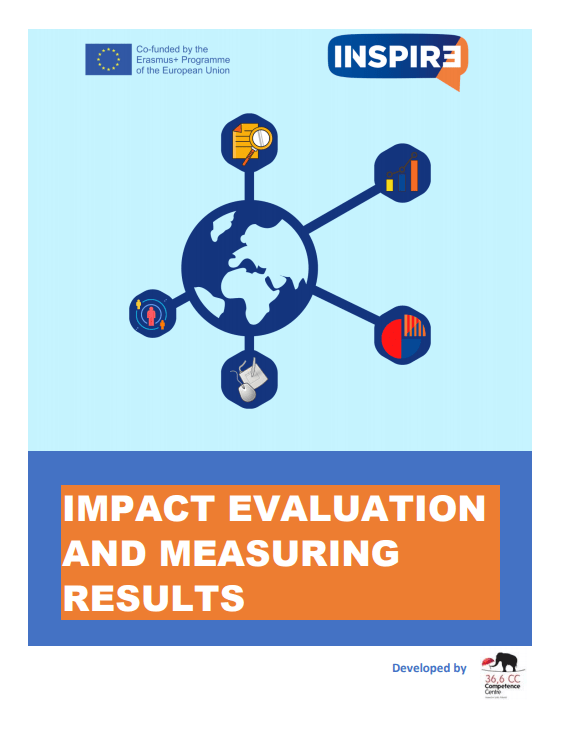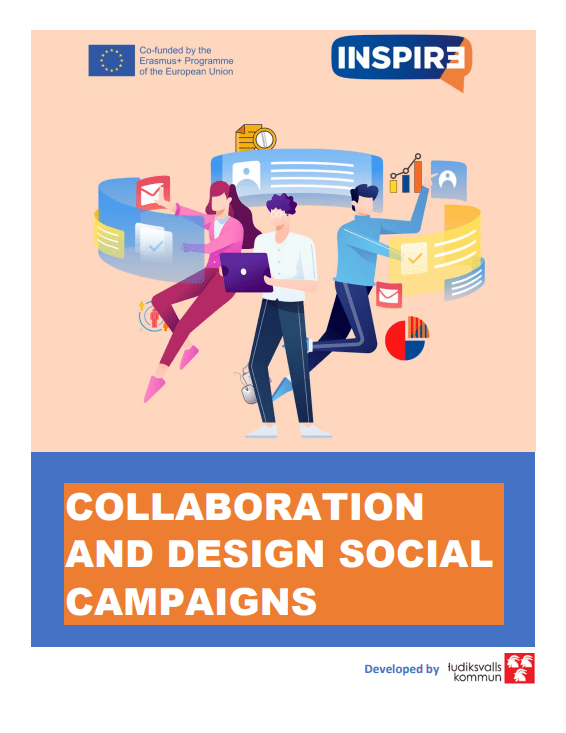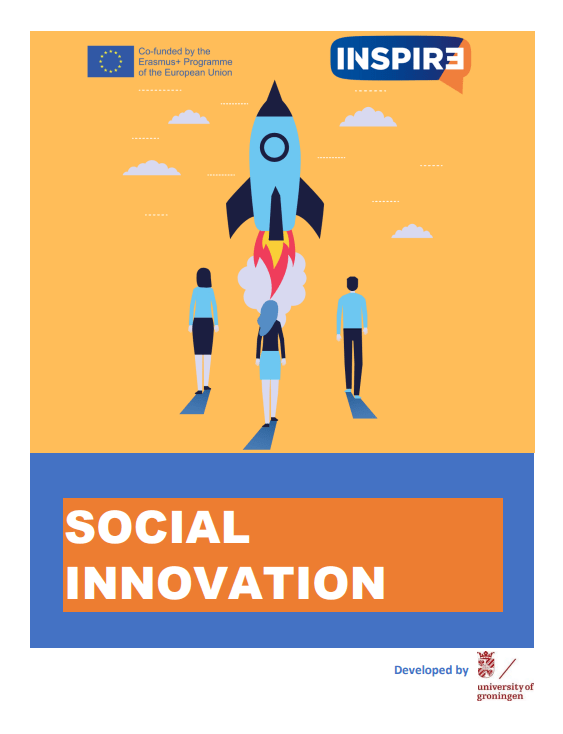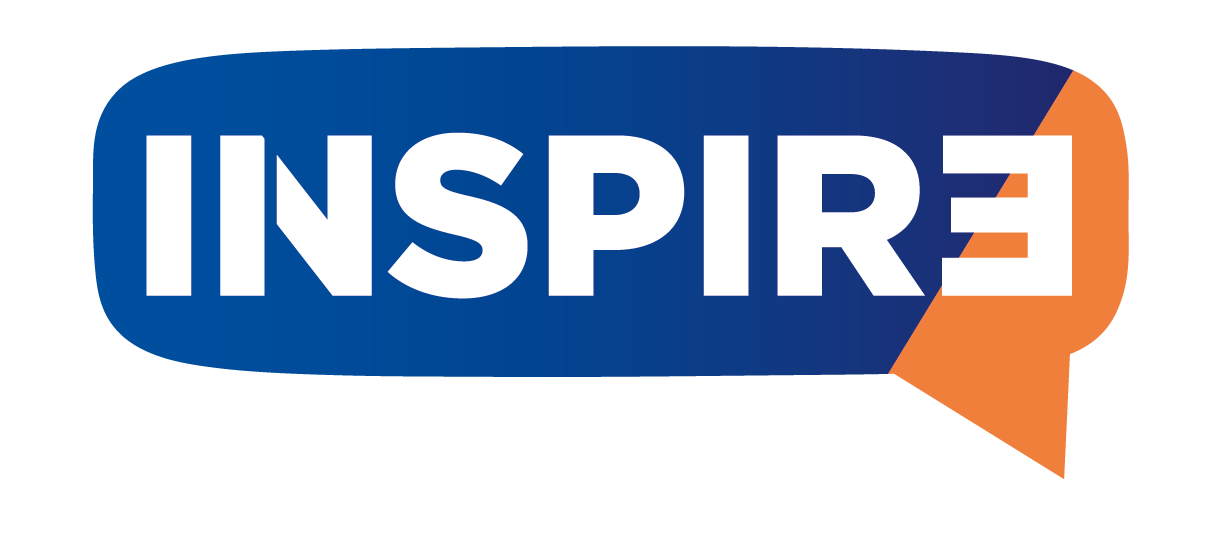The European Social Innovation and Leadership curriculum, which you can see below is the result of Intellectual Output 1 of our project.
Design Based Education is one of the innovative concepts that aim at a more authentic and sustainable learning experience. Design-based education (Geitz & de Geus, 2019) is an enhancement of problem-based learning and competence-based education, as it is based on a learning environment in which learners are motivated to develop their learning with fellow learners by engaging in design activities that consist of real-world authentic assignments. In Design Based Education, learners are trained to develop solutions to real-life issues using a systematic design science approach.
Learners go through six phases, through Design Based Education which are:
(1) research the question, by recognizing that solving real-life issues does not just include searching for knowledge but involves a process that starts with empathizing (observing and understanding the problem, problem stakeholders and the problem context),
(2) define the core problem
(3) generate ideas, a process of finding directions for possible solutions to the problem, using creative as well as knowledge sources
(4) design prototypes, meaning developing initial solutions
(5) test prototypes
(6) research and improve
The curriculum is targeted at trainers, educators, consultants and other professionals working with NPIs and our goal is to help them obtain an innovative Curriculum and training contents for capacity building of the NPIs.
For more information on how to use the curriculum, please download the following ANNEX, which will guide you through all the steps.
